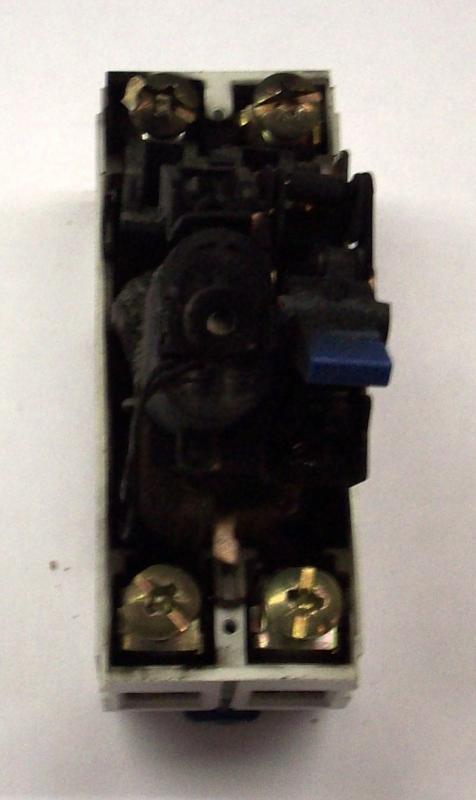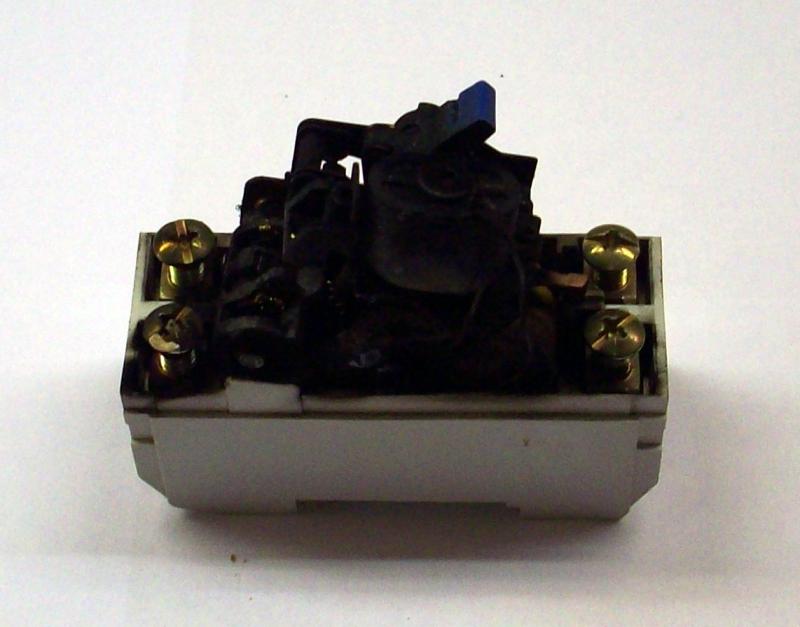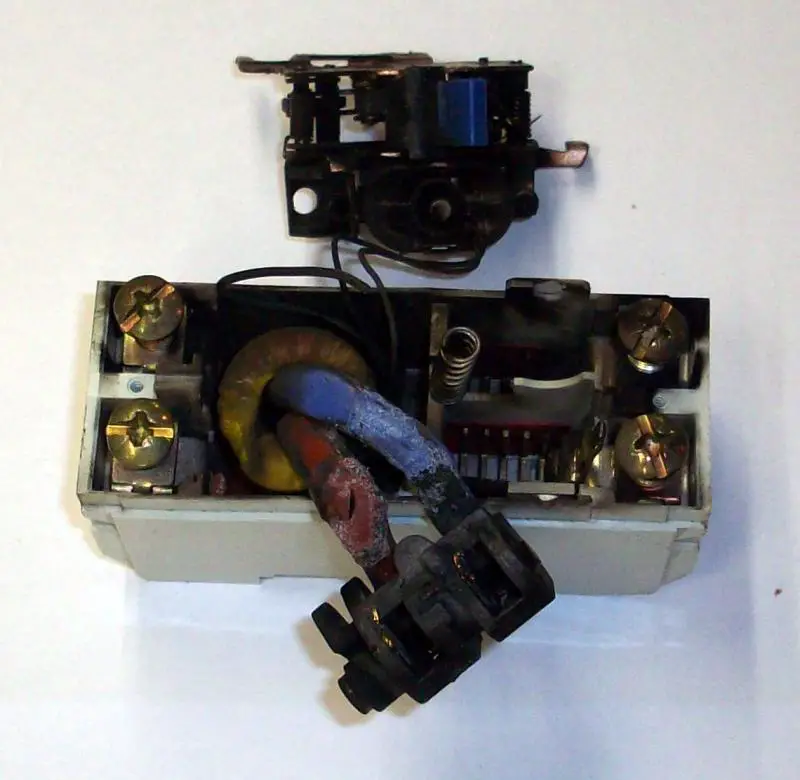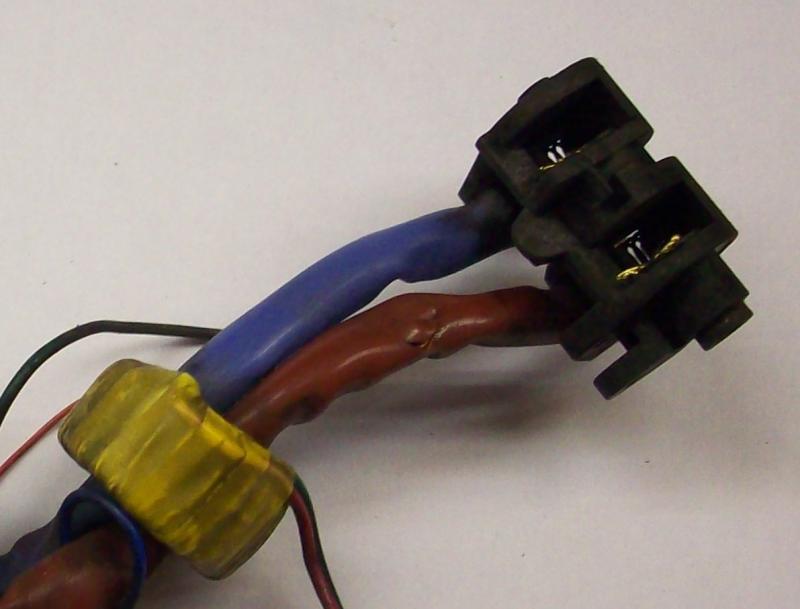Hi
I have just built a new workshop in my garden and I am wiring it up.
I used to work as an electrician many years ago but I am not up to date with the current regulations. However I spoke to an electrician friend who passed my plans for the permanent installation and is going to test the installation when it is complete.
The shed is supplied by a three cored armoured cable, live, neutral and earth with the armouring also connected to earth. I have been using the buried armoured cable as a temporary 'extension lead' fed via a 13 amp plug and an RCD whilst fitting out the internals. I have had no problem with this arrangement.
I am now connecting the electrics permanently. I have fitted a WYLEX NH series metal distribution board with an MCB for the lighting and an RCDO for the ring main. I have connected the RCDO as per the WYLEX instructions and the circuit powered up correctly when switched on. Wishing to test the RCDO I pushed the 'test' button, there was a flash and a burning smell and the RCDO will not energise the ring main. I had already tested the ring main with an old megger before connecting the RCDO, I have since re-checked my wiring and it conforms with the WYLEX instructions.
Unfortunately my friend is away on a well earned holiday so is unavailable. Can anybody help?
I have just built a new workshop in my garden and I am wiring it up.
I used to work as an electrician many years ago but I am not up to date with the current regulations. However I spoke to an electrician friend who passed my plans for the permanent installation and is going to test the installation when it is complete.
The shed is supplied by a three cored armoured cable, live, neutral and earth with the armouring also connected to earth. I have been using the buried armoured cable as a temporary 'extension lead' fed via a 13 amp plug and an RCD whilst fitting out the internals. I have had no problem with this arrangement.
I am now connecting the electrics permanently. I have fitted a WYLEX NH series metal distribution board with an MCB for the lighting and an RCDO for the ring main. I have connected the RCDO as per the WYLEX instructions and the circuit powered up correctly when switched on. Wishing to test the RCDO I pushed the 'test' button, there was a flash and a burning smell and the RCDO will not energise the ring main. I had already tested the ring main with an old megger before connecting the RCDO, I have since re-checked my wiring and it conforms with the WYLEX instructions.
Unfortunately my friend is away on a well earned holiday so is unavailable. Can anybody help?






